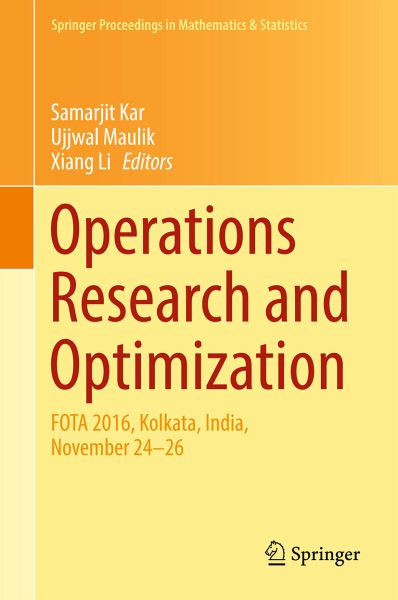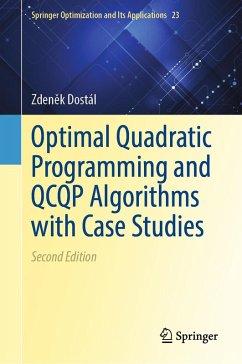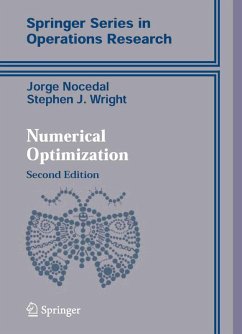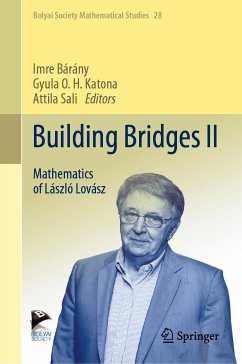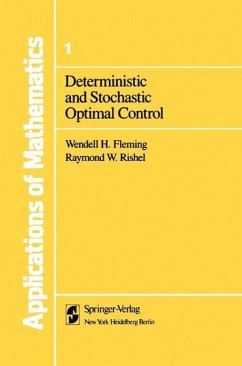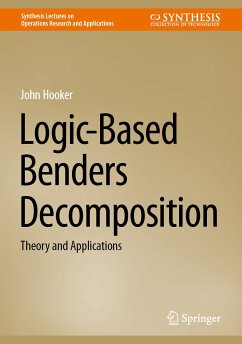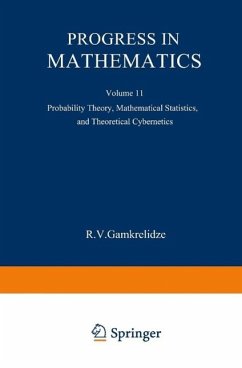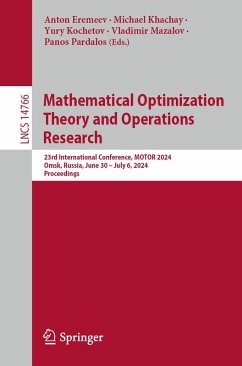SAMARJIT KAR is an associate professor at the Department of Mathematics, National Institute of Technology, Durgapur, India. He completed his PhD in Mathematics at Vidyasagar University, West Bengal. With over 15 years of experience in teaching, Professor Kar is also a visiting professor at the Department of Mathematical Sciences, Tsinghua University, China. He has co-authored more than 120 research articles in international journals, contributed volumes and conference proceedings, authored 2 textbooks and edited of 5 contributed books. He is the associate editor of the Journal of Uncertainty Analysis and Applications (Springer) and is presently associated with an ongoing project, "Hybrid modelling of uncertainty analysis in environmental risk assessments" under the Board of Research in Nuclear Sciences (BRNS), Department of Atomic Energy (DAE), Government of India. His research interests include operations and optimisation, soft computing, uncertainty theory and financial modelling. UJJWAL MAULIK has been a professor and head of the Department of Computer Science and Engineering at Jadavpur University, Kolkata, India, since 2004. He is also a visiting professor at the International Center for Theoretical Physics (ICTP), Italy. He received his PhD degree in Computer Science and Engineering from Jadavpur University, Kolkata, India. He also chaired the Department of Computer Science and Technology at Kalyani Government Engineering College, West Bengal, India, from 1996 to 1999. Professor Maulik is the coauthor of seven books and more than 300 research publications. He was the recipient of the Government of India BOYSCAST Fellowship in 2001, the Alexander von Humboldt Fellowship for Experienced Researchers, in 2010, 2011 and 2012, and senior associate of the International Centre for Theoretical Physics (ICTP), Italy, in 2012. He is a founder member of the IEEE Computational Intelligence Society (CIS) and has held several positions at the Society, such as secretary, treasurer, vice chair and chair. He is a fellow of the Indian National Academy of Engineering (INAE), West Bengal Academy of Science and Technology (WAST), Institution of Electronics and Telecommunication Engineers (IETE), Institution of Engineers (India) (AMIE) and senior member of The Institute of Electrical and Electronics Engineers (IEEE). His research interests include computational intelligence, computational biology, combinatorial optimization, pattern recognition, data mining and social network. XIANG LI is a professor at Beijing University of Chemical Technology, China. He received his PhD degree in Operations Research and Control from Tsinghua University, China. He has authored one book and more than 60 articles in international journals including Transportation Research, Part B, Transportation Research, Part C, Information Sciences, the European Journal of Operational Research, IEEE Transactions on Intelligent Transportation Systems, IEEE Transactions on Fuzzy Systems, IEEE Transactions on Systems, Man, and Cybernetics, Part A, which have been cited more than 700 times on the Web of Science and 1300 times on Google Scholar. He served as associate editor of Information Sciences, Transportmetrica B: Transport Dynamics and is on the editorial board of the International Journal of General Systems.
